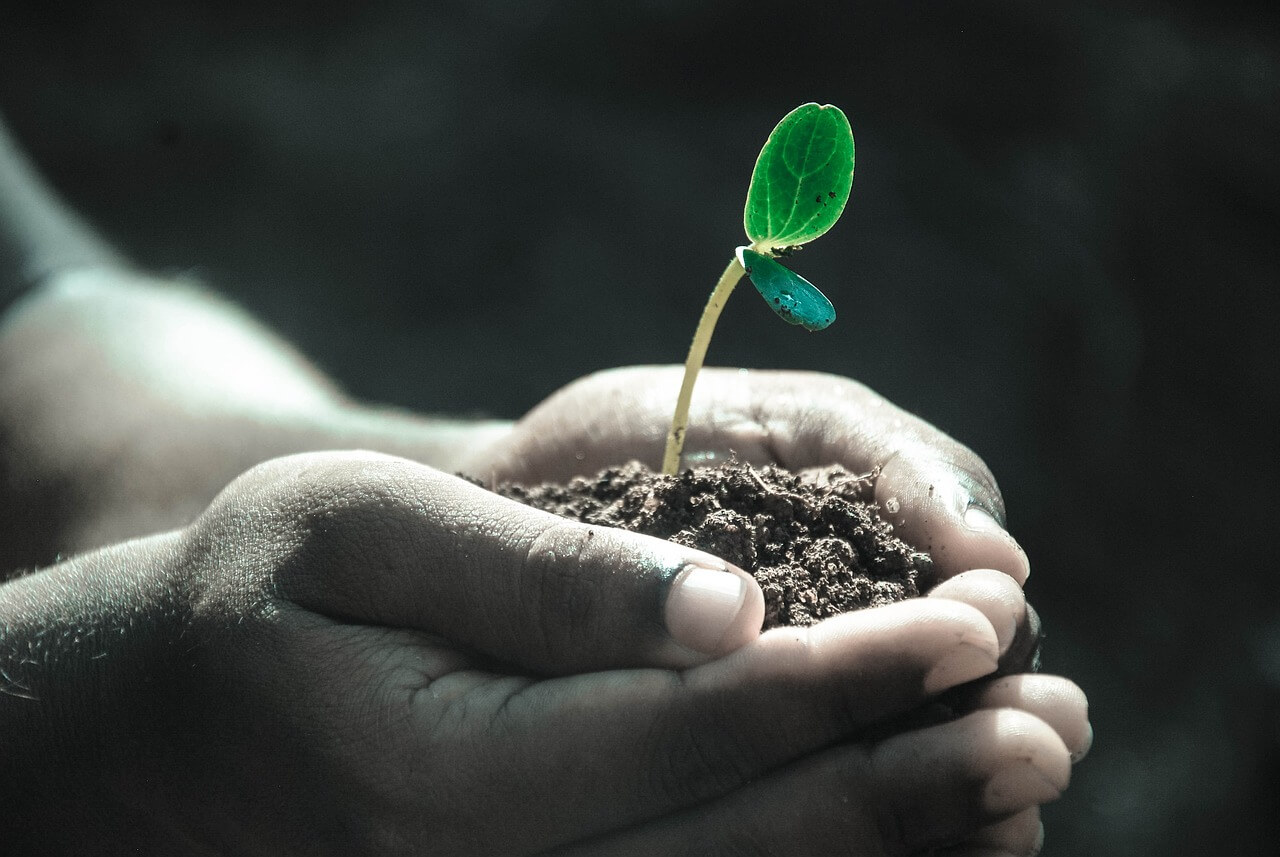
Transforming Lives: Embracing Holistic Care and Cultural Sensitivity in Addiction Treatment
Overcoming addiction is a challenging journey that requires personalized support and evidence-based treatment. In South Africa, there are various lesser-known aspects of addiction recovery that can greatly enhance the healing process. This article aims to compare and contrast two of these aspects, shedding light on their importance and potential benefits for individuals seeking to overcome addiction.
- Holistic Approach: One lesser-known aspect of addiction recovery is the adoption of a holistic approach. This approach recognizes that addiction is not solely a physical or psychological issue, but a complex interplay of various factors. It emphasizes the need to address the individual’s physical, emotional, mental, and spiritual well-being. By incorporating holistic therapies such as yoga, mindfulness practices, art therapy, and outdoor activities, individuals can experience a more comprehensive and transformative recovery journey. These holistic modalities foster self-awareness, self-expression, and personal growth, enabling you to heal on multiple levels and build a solid foundation for sustained recovery.
- Cultural Sensitivity: Another crucial aspect often overlooked is the importance of cultural sensitivity in addiction treatment. South Africa is a diverse nation with a rich tapestry of cultures, traditions, and beliefs. Recognizing and respecting the unique cultural backgrounds of individuals seeking help is essential for effective treatment outcomes. Culturally sensitive addiction programs integrate cultural values, beliefs, and practices into therapy, creating a safe and supportive space where you can explore your addiction and recovery journey within the context of your cultural identity. This approach not only enhances engagement and trust but also promotes a sense of belonging and empowerment throughout the recovery process.
| Holistic Approach | Cultural Sensitivity |
|---|---|
| Pros: | Pros: |
| – Considers the individual as a whole, addressing physical, mental, emotional, and spiritual aspects of well-being. | – Acknowledges and respects diverse cultural beliefs, values, and practices. |
| – Emphasizes the importance of self-care, mindfulness, and self-awareness in the recovery process. | – Creates a safe and inclusive environment for individuals from different cultural backgrounds to share their experiences and perspectives. |
| – Encourages a personalized treatment plan that may include complementary therapies such as acupuncture, meditation, yoga, or art therapy. | – Incorporates culturally relevant interventions and strategies that align with the individual’s cultural identity and worldview. |
| – Promotes a sense of empowerment, self-empowerment, and self-empowerment in individuals, allowing them to actively participate in their own recovery. | – Fosters trust and rapport between the client and the therapist by demonstrating cultural competence and understanding. |
| Cons: | Cons: |
| – The effectiveness of some holistic interventions may vary and may not have extensive scientific evidence to support their efficacy. | – It requires therapists to continuously educate themselves and stay updated on cultural diversity and sensitivity. |
| – It may not be suitable for individuals who prefer a more traditional, evidence-based approach to addiction treatment. | – It may be challenging to address the cultural needs of every individual due to the vast diversity within a specific cultural group. |
| – It may not be readily available in all treatment settings and may require specialized practitioners or programs. | – It may inadvertently reinforce stereotypes or generalize cultural practices, which could be counterproductive to providing individualized care. |
Overcoming addiction in South Africa requires a comprehensive and individualized approach that acknowledges the diverse needs and experiences of each person. By embracing a holistic approach and promoting cultural sensitivity, addiction treatment can become more effective, meaningful, and transformative. It is crucial to seek professional help that encompasses these lesser-known aspects of addiction recovery to maximize your chances of long-term success. Remember, recovery is possible, and with the right support and resources, you can embark on a fulfilling and sustainable journey of healing.
In the journey to overcome addiction in South Africa, there are several barriers that individuals may encounter. Understanding and addressing these barriers is essential to effectively navigate the path to recovery. Here are some common barriers you may face and strategies to overcome them:

- Stigma and Shame: One significant barrier is the stigma and shame associated with addiction. Society’s judgmental attitudes can make it challenging to seek help and openly discuss your struggles. Remember that addiction is a complex condition, and seeking support is a courageous step towards healing. Surround yourself with a supportive network that understands addiction as a treatable condition and can offer non-judgmental guidance and encouragement.
- Limited Access to Treatment: Access to addiction treatment services can be a barrier for many individuals in South Africa. Limited resources, long waiting lists, and geographical challenges may hinder your ability to receive timely and appropriate care. It is crucial to reach out to local organizations, support groups, and treatment centers that specialize in addiction recovery. They can help you navigate the system, provide information about available resources, and support you in accessing the treatment you need.
- Financial Constraints: Financial barriers can also prevent individuals from accessing the necessary addiction treatment. Many people may not have adequate medical aid or financial resources to cover the costs of rehabilitation programs. However, it is important to explore all available options, including public healthcare services, government-funded initiatives, and non-profit organizations that provide affordable or subsidized treatment programs. Additionally, some private treatment centers offer flexible payment plans or scholarships for those in need.
- Lack of Supportive Environment: Creating a supportive environment is crucial for successful recovery. However, you may face challenges if your immediate surroundings include individuals who enable your addiction or do not understand the recovery process. Building a network of supportive family members, friends, or recovery groups can help counteract this barrier. Surrounding yourself with people who believe in your recovery and can provide emotional support can make a significant difference in your journey.
- Co-occurring Mental Health Disorders: The presence of co-occurring mental health disorders can complicate the recovery process. Conditions such as anxiety, depression, or trauma can contribute to substance abuse and make it more challenging to overcome addiction. It is important to seek treatment from professionals who specialize in dual diagnosis to address both the addiction and the underlying mental health issues simultaneously. Comprehensive treatment plans that integrate therapies for both conditions can significantly improve your chances of long-term recovery.
Remember, while these barriers may present challenges, they are not insurmountable. With determination, support, and the right resources, you can overcome them and embark on a fulfilling journey of recovery.
“In the face of adversity, you have the power to rise above the barriers and reclaim your life. Your journey to overcome addiction is unique, and with perseverance, you can achieve lasting recovery.” – Unknown
If you or someone you know is struggling with addiction, reach out to professional addiction treatment centers in South Africa that prioritize these values and approaches. With their guidance and expertise, you can find the support and tools necessary to overcome addiction and embrace a healthier, more fulfilling life.
“Recovery is not just about overcoming an addiction; it’s about discovering yourself, finding purpose, and reclaiming your true essence.” – Unknown